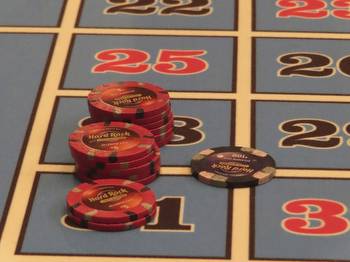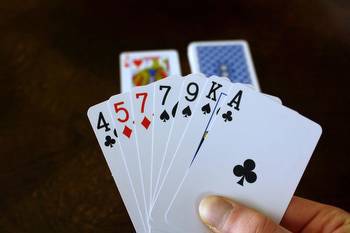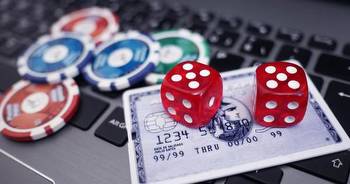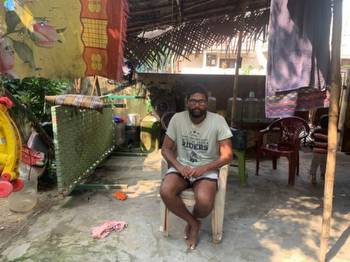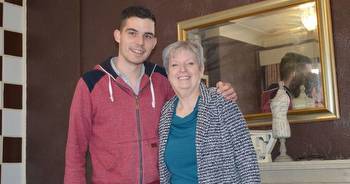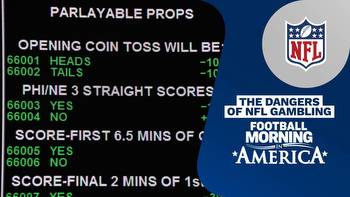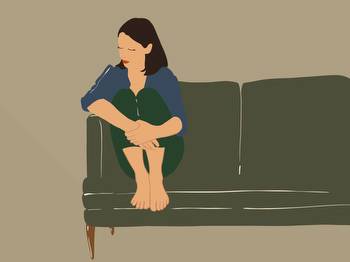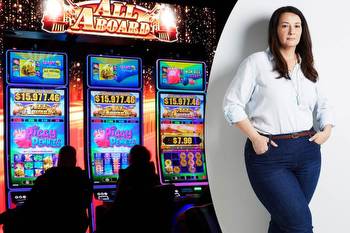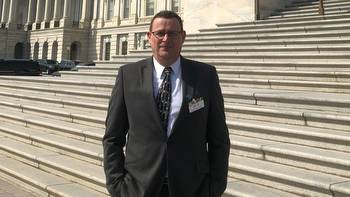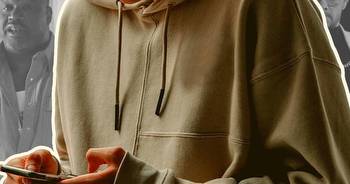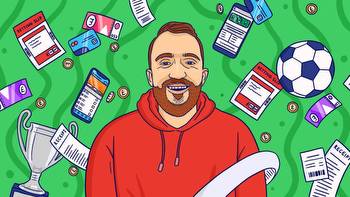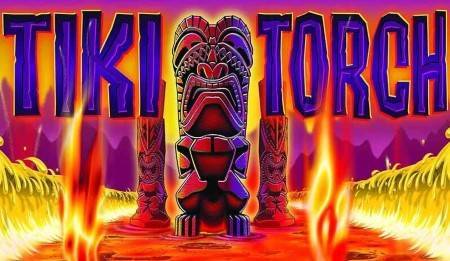Pair Of Recovering Addicts Take Responsible Gambling Seriously

Geographically speaking, there’s an ocean separating Dan Spencer and Greg Weber. But the two stay in touch on a daily basis, and each has turned his pain from gambling addiction into promise through an organization that emphasizes lived experience to reach people.
By all appearances, Weber was one of the most successful poker players in New Jersey. He started playing at 14, hosting games in his backyard. He won a lot, with his biggest triumph coming at the age of 18. While playing online poker, he won $53,000, which put a serious dent into his tuition at Rutgers.
Gambling didn’t impact Weber’s college experience much, but he admits to choosing it over other tried and true co-ed experiences.
“People wanted to go out to the bars,” he recalled. “I wanted to go to Atlantic City.”
On his 21st birthday, he did just that. Accompanied by his dad, he won $22,000 in a poker tournament there.
“I was officially the youngest person to win a poker tournament in Atlantic City, because I couldn’t really get any younger,” he said.
Weber majored in sports management at Rutgers but became a firefighter after graduation because he “couldn’t find a job in sports.” Firefighters don’t work 9 to 5. They’re either extremely on or extremely off, and Weber didn’t use his time off constructively.
“I spent a majority of my days playing online poker, betting sports,” he said.
All the while, he kept winning poker tournaments in Atlantic City, but his face-to-face exploits masked an ongoing problem behind his four walls.
“I started to have major issues with control,” he explained. “I couldn’t stop when I was winning. I couldn’t stop when I was losing. I could stick to my strategy and do well for three days, but on that fourth day, I would lose. I guess the poker expression for it is going on tilt. I would lose my mind.”
By 2017, he’d lost almost all his money and entered another poker tournament at the Borgata with what he had left. Weber wound up winning $470,000.
“When I started gambling, that was the dream: to make life-changing money,” he said.
Shortly thereafter, Weber learned that his mother had been diagnosed with pancreatic cancer. He dealt with this news by “escaping with my gambling.” He lost a half-million dollars in less than a year while not being present for his mom.
“People ask, ‘What do you regret the most?’” he said. “It’s not the money. It was not being there for her.”
From there, he fell off a cliff, playing 20 online poker tables at a time while juggling multiple sports wagers.
“You’re just able to gamble to such a higher degree online,” he said. “There’s only so much you can do live. For me, I needed way more online.”
By 2020, Weber found himself six figures in debt with maxed-out credit cards. He finally sought help, and today he speaks to a therapist every week and huddles daily with a problem gambling support group.
“There’s no such thing as responsible gambling for myself as a gambling addict, but just be aware of how much time and money you’re spending on it,” said Weber, who now speaks to at-risk groups on behalf of EPIC Risk Management. “Can you walk away? Just be aware. If you want to start, just really be mindful of how much time you’re spending on a daily basis, if it’s jumping up on your priority list.”
Winning horse, happy dad
Dan Spencer is one of the recovering gambling addicts in Weber’s support group. The Briton is director of safer gambling for EPIC Risk Management, a group that delivers education and training through firsthand accounts of gambling addiction to prevent others from falling into the same trap.
“I grew up in a family where gambling was very normal,” he told US Bets. “I later found out that my dad was suffering from a gambling addiction, but it wasn’t talked about in the family. I grew up in this household where my dad was gambling every day — mainly horse racing. My earliest memory is in front of the TV screen, trying to physically push the horse to run faster. Because I knew if the right horse won, I had a happy dad in the household.”
As a young lad, Spencer played cards for money in school, eventually graduating to low-jackpot slots that were legal for minors to play in England. Not that his age mattered much: Without anyone verifying how old he was, he began betting on horses, greyhounds, and soccer in local gambling parlors.
Spencer’s penchant for gambling, he said, “really escalated when I came of age at 18.” He wanted to be a poker player, so he tried his hand at that, both online and in casinos. When he found himself in considerable credit card debt, he tried to gamble his way out of it. That didn’t work.
“When the financial problems started, I was gambling to get out of the situation I was in,” he said.
He went through “peaks and troughs” in the next decade where he would get massively into debt and try to win his way out, with occasional success. For him, gambling had gone from “something I did socially to something I would use to escape from life to something I couldn’t escape from.”
Rock bottom for Spencer was when he turned to online slots before attempting to take his own life.
“I was dealing with suicide ideation on a daily basis,” he said. “I live on the edges of the cliffs on the south coast of England. I sat on the edge of that cliff, contemplated jumping off, and I just couldn’t do it.”
With the help of his family, Spencer finally addressed his addiction. Now in recovery, he has a remarkably neutral view of the activity that nearly cost him his life.
“We believe that you can gamble responsibly and you can gamble safely,” he said. “If we have an educated public who knows the risks and what it looks like when things go wrong, then you can gamble in a safe way. My role with EPIC is working directly with gambling operators. What is encouraging is that we are working with the biggest brands in America at a very early stage. It took a lot of years for those companies to work with EPIC in the U.K.”
How to Practice Responsible Gaming Habits







